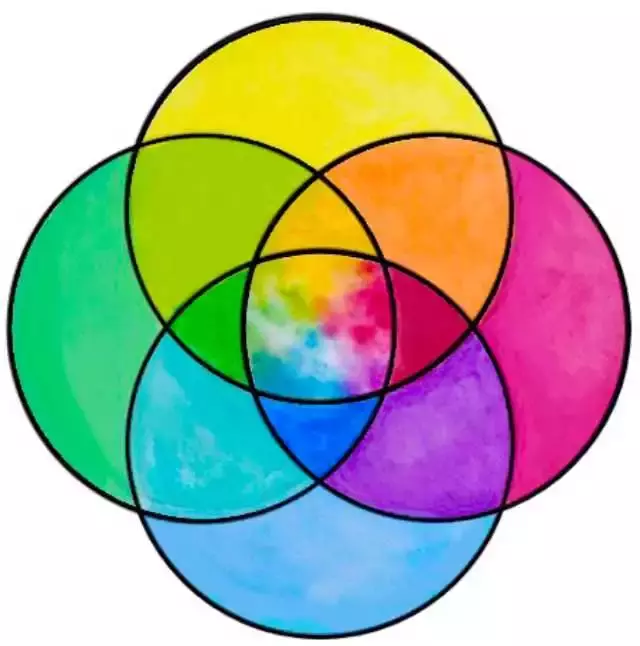What does Plural mean?
“The experience of having more than one person, self, or identity within the body” - Manchester Metropolitan University: Understanding Multiplicity
That’s mostly the gist of it. Having more than one person or identity within the same body.
What it means specifically to be plural and to be more than one person varies greatly between everyone, and so do the words used to describe it. Not everyone shares the same idea on what it is or what it feels to be plural.
Think of it this way. We all show different parts of ourselves to different people. We might behave differently around our friends than with our parents. And sometimes we feel conflict within ourselves-- sometimes a part of us wants to buy that cool thing but another thinks it’s a money waster. For some of us, the experiences of having different parts or selves is a lot stronger than this.
You may have experienced yourself as a single person, but with a wiser part and an inner child. Or you might have different parts or selves, each having a different name, gender, voice, age, and story. They may even have their own memories or personalities. They may make decisions together, or some parts may be the leaders and make decisions for everyone. And some of you may experience parts or selves as being outside of your body, or friends you can talk to.
Is being plural a mental issue?
Being plural by its own is not a diagnosis. Some of us who are plural may experience issues or worries about mental health, others don’t. With how varying the plural experiences can be, there can be many different ways for anyone to experience plurality. Some of us find being plural comfortable or enjoyable, while others may find it distressing.
Some of us who are plural may try to or have received diagnoses like Dissociative Identity Disorder (DID) or Other Specified Dissociative Disorder (OSDD). But it is important to keep in mind that these diagnoses are not necessary to be plural.
Why Plural experiences happen?
There are various reasons. For some of us, it’s just who we are. For others, it’s something that’s linked to how we experience and understand our gender(s). For others, it’s spiritual. And for others, it might be related to trauma or difficult earlier experiences. When we experience trauma, in order to cope, we dissociate: we switch out of the experience to escape it. It can be a really useful and sometimes live saving survival strategy.
How different can each selves be?
It depends. The differences between each selves can, once again, vary wildly. Some selves may have different names, genders, voices, ages, stories, and even species than another selves or the body.
More Resources
Manchester Metropolitan University: Understanding Multiplicity - This is the document that helps us create this post.
Is there any more questions about plurality that you wanted to ask? Be sure to let us know!
Please keep in mind that this text isn’t meant to be a complete guide or a beacon of truth. Plurality is a very complex and personal subject, and we may make mistakes or miss a detail in this post. Take this post as more of a start and look up for more sources if you’re interested in learning more.

